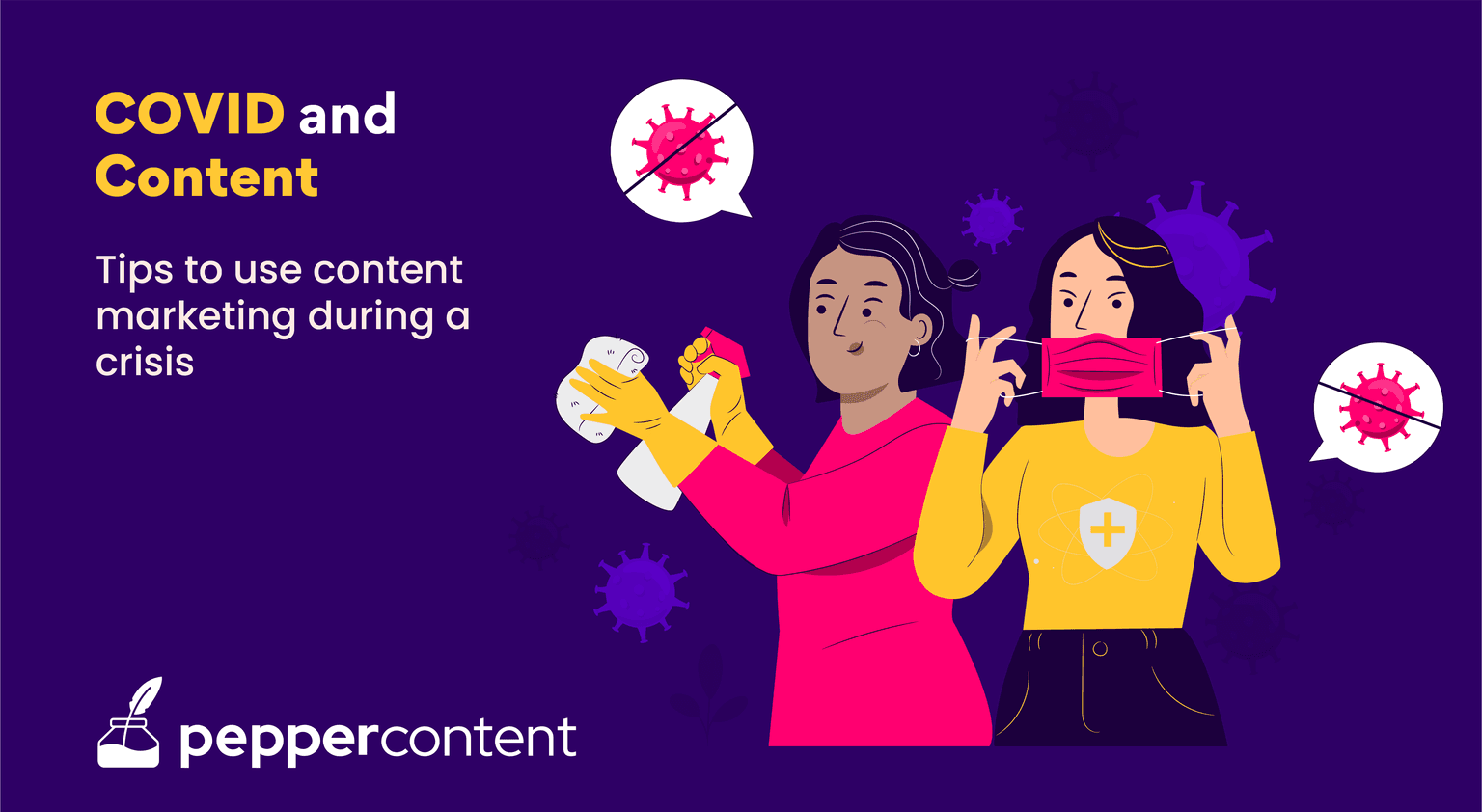
Pre-pandemic content marketing trends show that 86% of B2C companies adopted content marketing as part of their overall strategy, while 91% of B2B businesses have already leveraged content marketing to boost business outcomes.
With COVID-19 wreaking havoc since January 2020, the world witnessed the onset of a crisis it had never seen before. Offline operations came to a grinding halt because the pandemic triggered a global lockdown and forced everyone, individuals and businesses alike, to stay home.
Marketing during such a crisis had to take a different approach. Brands had to scramble to get their affairs in order. They could no longer rely on traditional channels to grow their business; they had to embrace digital transformation. They had to recalibrate Key Performance Indicators (KPIs) to align with the online-first approach and find new ways to connect with audiences to stay relevant.
While there’s no guarantee of how many crises we’ll have to face in the future, it’s wise always to be well prepared. Here is how you use content marketing during a crisis.
Content Marketing During a Crisis
It is vital, then, to look at why it’s important to incorporate content marketing during a crisis into your business strategy. The idea is not just to build a creative content marketing system that connects with the consumers but also stays relevant to their changing lifestyles. Here are a few reasons:
1. Strengthening SEO
With the world practicing social distancing, it is time to incorporate new content marketing strategies during a crisis to make a digital splash and make your presence felt online. And by that, we mean upping your SEO game.
According to top research, as many as 60% of marketers feel that inbound is their best quality source of leads. This essentially means the traffic they get via SEO and their content efforts.
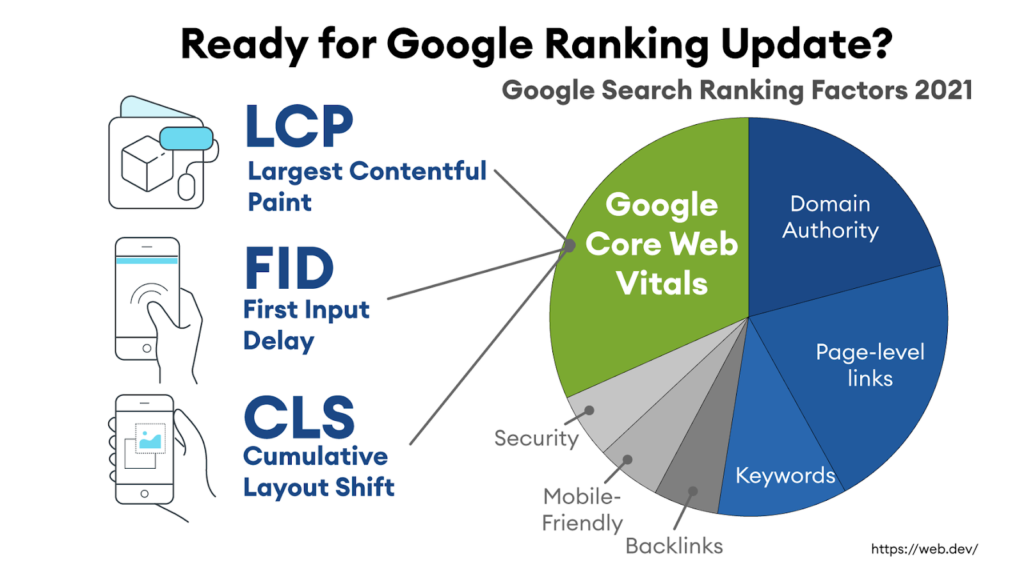
Travel restrictions have led to a spurt in ‘near me’ searches as people are afraid to venture out and look to find stuff in their vicinity. This is why it’s imperative to keep your Google My Business listing up-to-date and be active on other hyperlocal discovery platforms.
Your content should bolster your ranking on the Search Engine Result Pages (SERPs) for your target keywords and help you pop up during relevant online discussions. If consumers find your content at the right time, your content marketing during a crisis could be said to be successful.
2. Thought leadership
Your content marketing during a crisis should be so efficient that it would be a voice of reason in times of uncertainty. Show domain authority through your content. Your audience is seeking solutions to their pain points during a crisis, and the onus is on you to give prompt answers and be a beacon of light, in general.
If consumers remember you guiding them out of a tricky spot or lending clarity in any way, they will flock to you when the crisis is over as well. This long-term effect is the best part about nailing your content marketing efforts during a crisis. Helpful content goes a long way in positioning yourself as a ‘good guy,’ and goodwill trumps everything else.
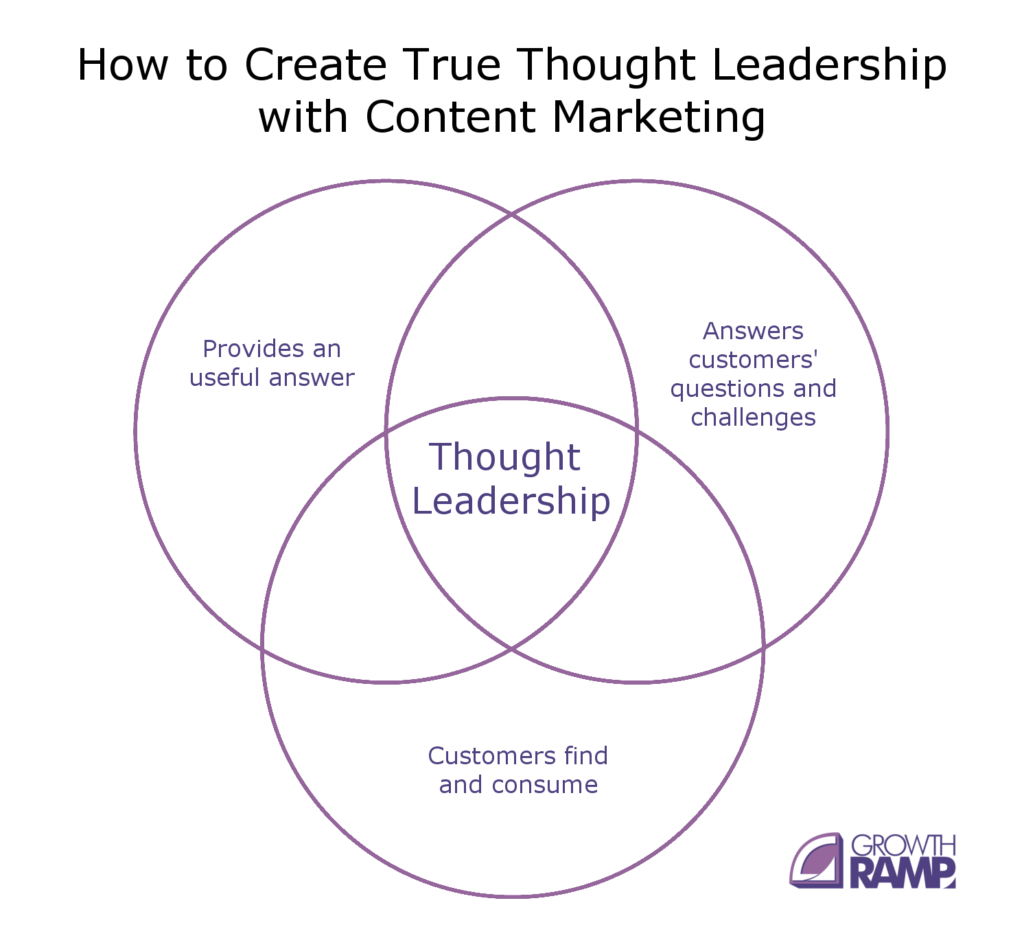
3. Real-time information and updates
During a crisis, oversharing information and over-communicating can be a good thing. This is especially true in the times of social media, where you must be available round the clock to address customer queries or announce any feature updates. Focus on providing important information ASAP because your competitors are just a click away.
A certain marketing study found that 76% of brands said real-time marketing during a crisis increased audience engagement, and 56% felt it also led to higher customer satisfaction and positive brand sentiment.
If you’re a food brand, make it abundantly clear that you deliver on Sundays. If you run a SaaS service, have a chatbot talk to customers and answer basic questions before handing them over to a support agent. If you can deliver the right content as quickly as your customer demands, your content marketing during a crisis is on point.

The above image is an excellent example of how food delivery chains like Zomato innovated and communicated their efforts during the pandemic.
How Online Content Marketing Supercharges Brand Loyalty and Customer Retention
Content marketing trends show that visuals can boost brand recall to a mammoth 65% as opposed to just 10% in three days for pure textual content. It is common knowledge that retaining an existing customer is five times cheaper than acquiring a new one. This metric becomes all the more important when doing content marketing during a crisis – loyal customers can be your evangelists during a tough time.
Content marketing can help you retain these bottom-of-the-funnel customers. A good example is an outdoor-gear company REI, which has painstakingly created a huge repository of utility content and how-to guides (over 500 resources).
They aim to become the Khan Academy or Lynda.com for all things outdoors. Their commitment to being the best teacher and the go-to place for online education is reaping the rewards via increased sales of their tents, backpacks, mountain bikes, and other hiking equipment.
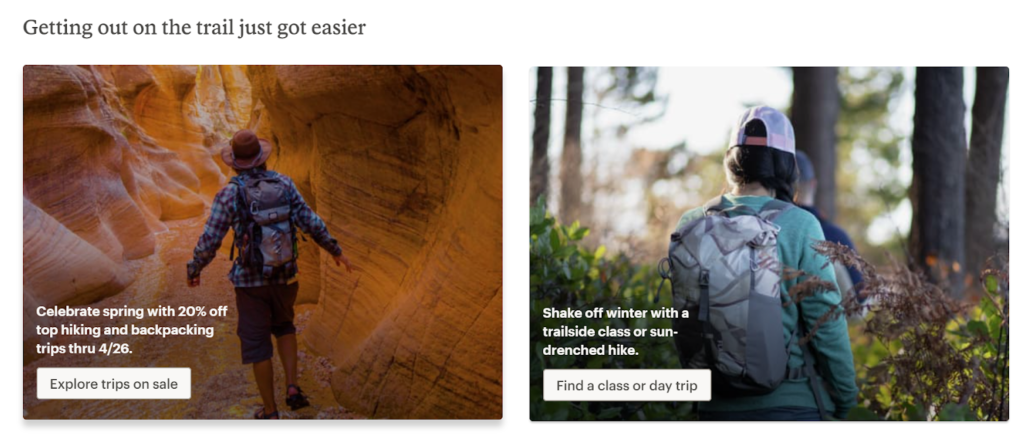
What increases content marketing’s importance is its ability to enhance brand perception. If your brand image was that of a money-hungry corporate, a thoughtful content campaign could change all that steadily.
It is especially important to show empathy through content marketing efforts during a crisis. Take the case of Ford; the American automaker launched an ad campaign to offer assistance to customers whose lives had been disrupted by the pandemic.
It stopped promoting its vehicles and shifted completely to service-oriented content, thus making an impression in people’s minds as an empathetic brand, full of integrity and values.
How Some Brands Leveraged Content Marketing During a Crisis to Their Advantage
The year 2020 saw brands develop innovative social media content marketing campaigns to catch the attention of the masses. Here are a few of them below.
Nike
Nike used the lockdown to craft an excellent content marketing campaign around making the most of your time indoors. It opened up access to its flagship Nike Training Club app.
The free subscription enabled users to watch workout videos and fitness advice from certified trainers. It also had a dedicated page to share its commitment and initiatives in tackling the crisis. This content marketing move during a crisis paid off handsomely, enhancing Nike’s street cred and reputation.

IKEA
IKEA, the Swedish furniture giant, delivered a content marketing masterclass with its beautiful #StayHome campaign that urged people to reconnect with their homes despite large-scale mobility constraints.
The 30-second video was not just a brazen product placement but instead tapped into the public sentiment and made people fall in love with their homes again. It was a clever tactic that added value to people’s lives without appearing opportunistic and commercial.
Also, IKEA Russia released a slew of ads that helped people get creative at home with their products. They gave out instructional ads on recreating playhouses from childhood using IKEA products and easy-to-follow instructions.
Other honorable mentions
- Netflix kickstarted an Instagram series titled “Wanna Talk About It?” to promote self-care and mental well-being during the pandemic.
- Harvard University created many online video lessons on ‘Mechanical Ventilators’ to equip frontline medical workers with the tools and knowledge for dealing with COVID-infected patients.
- The Metropolitan Art Museum gave free access to its library of over 1600 art books to give people an outlet for creative expression and spend home quarantine time fruitfully.
Tips and Tricks to Make an Effective Content Creation Strategy During a Crisis
The Do’s
- Focus on educational content:
The pandemic has resulted in ‘work from home’ searches skyrocketing by 300%. This means you need to figure out lucrative search terms and craft evergreen educational content around it.
Headspace did it brilliantly, using their Instagram page to educate followers on the correct hand-washing techniques while subtly plugging in their service. Content marketing efforts during a crisis concern adaptability and keeping up with customer demands.
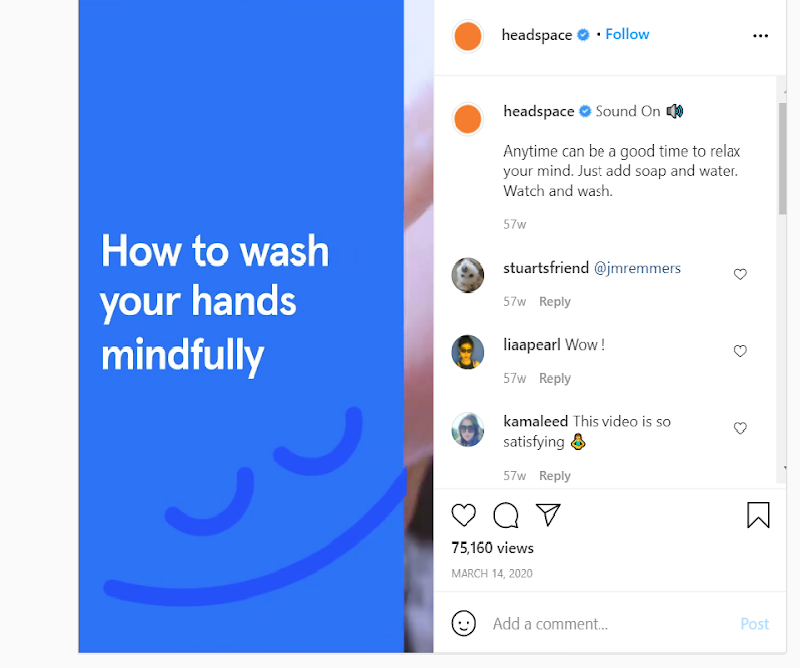
- Keep communication lines open
Another important tip for content marketing during a crisis is to give regular company updates via email and/or social media platforms. When businesses are shutting overnight, this can reassure your customers that you are still alive and kicking—and thriving. Levi’s parent company nailed this to the letter.
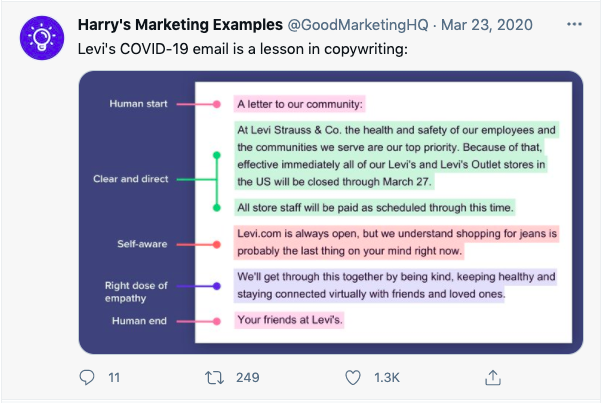
- Stay relevant
As your consumers’ lifestyles and choices adapt during a crisis, it becomes critical to adapt your content marketing efforts.
This is incomplete without creating a new and improved content marketing strategy that communicates how you are also adapting to the new world order. Your content creation strategy also needs periodic updates based on the latest trends. For example, as the world practiced social distancing, so did many brands in their ways.
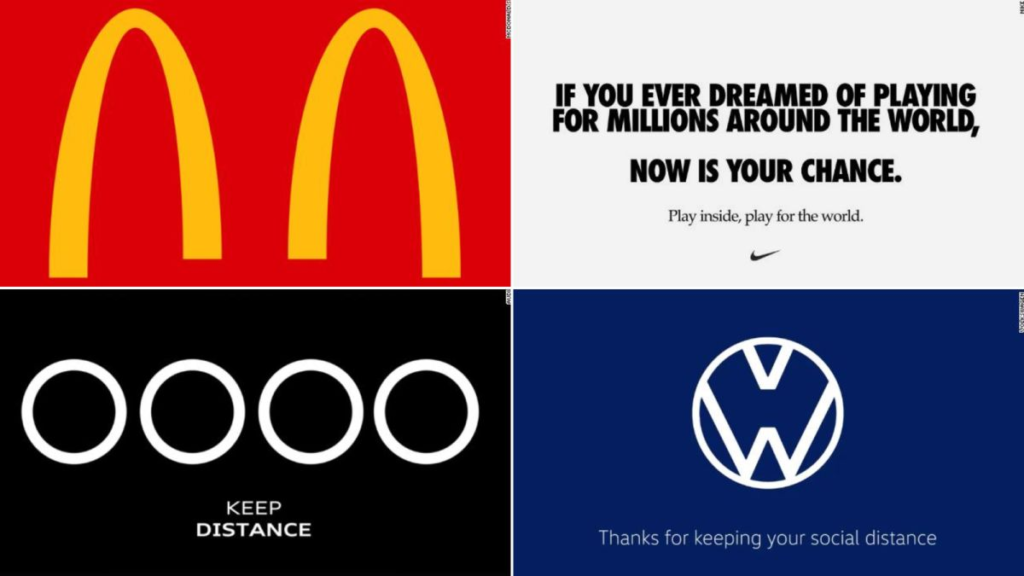
The Don’ts
- Avoid aggressive marketing
A crisis is a tough time where everyone’s main objective is survival. As a brand, it would be inappropriate then to resort to pushy, in-your-face strategies. Ditch the hard sell, put yourself in your customers’ shoes, and do whatever you can to help them tide over the crisis. Keeping your customers satisfied should be the objective while content marketing during a crisis.
- Don’t overshoot your budget
Funds can dry up swiftly during a crisis, so frugality is the need of the hour. Watch your expenses and make sure you’re not splurging on low-ROI mediums. Viral, organic content is your friend in need to market your content during a crisis effectively.
- Don’t be tone-deaf
The crisis is perhaps the one time when brands are harshly judged. In such a time when the world needs hand sanitizers, advertising perfumes is probably not a good idea.
However, brands can emanate solidarity and set the stage as Moët Hennessy Louis Vuitton did in early 2020. They announced they would shift to more responsive production and churn out hand sanitizers for Parisian hospitals, thus setting the stage for other brands to make shifts of their own.
Brands like Spotify have personalized their content to a new level to appeal to customers’ tastes.
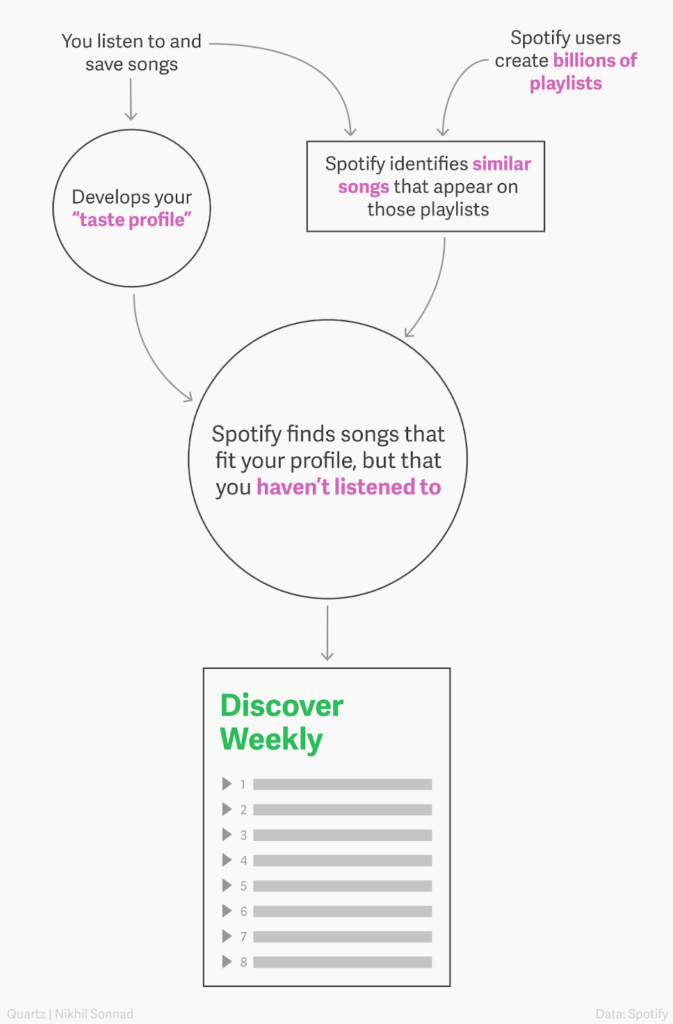
Key Takeaways
- Content marketing during a crisis must add value to your customer’s daily life.
- Content marketing efforts during a crisis should not be about a sales pitch.
- Content creation should be based on the target audience’s needs during a crisis.
- Avoid being tone-deaf during a crisis.
- Know your brand personality and figure out how you can help customers tide over the crisis.
- Alleviate customers’ pain points to stay relevant during a crisis.
- Be different and do something new.
- Learn and optimize your strategies to the demands of the time.
The Takeaway
While the benefits of a killer content game are many, so are the risks. Content marketing’s importance can’t be overstated, but it can’t be underplayed during a crisis either.
It may help increase your search traffic, establish your brand as an expert or even help close gaps in the conversion funnel, but it can also take it all away with one wrong move.
As such, content marketing strategy is a delicate ballgame, one which you should play with extreme caution. Done right, your content marketing efforts during a crisis can unlock new opportunities and take your business to the next level. But even a small misstep can sound like a death knell for your business.
Hopefully, this guide can save you from a business disaster and teach you a trick or two on how to utilize content marketing effectively during a crisis.
FAQs
Content marketing helps brands maximize the bang for their buck by ensuring their content assets reach the maximum audience. If you deliver valuable information surrounding your niche to your targeted audience, your audience would come to trust you. Content marketing during a crisis is based on how your brand can help your audience. If you launched a product that would be useful, ensure that your page has information on how to use them. Your brand must focus on delivering what the audience needs at that point in time, if it has to ace content marketing during a crisis.
Content marketing during a crisis is more about establishing a bond of trust with your audience. No one would appreciate being bombarded with irrelevant spam amidst a crisis.
Primarily the first strategy to ace content marketing during a crisis is creating appropriate communication channels and establishing an approach to inform customers and employees about best practices.
The challenges of content marketing during a crisis are:
Generating high-quality content consistently
Understanding buyer personas and creating content relevant to those personas
Producing content in suitable formats and measuring content ROI
Some components of forming an effective content marketing strategy during a crisis and managing social media are:
1. Have a social media policy in place
2. Establish a crisis communication plan
3. Don’t be tone-deaf
4. Stay relevant to the changing consumer
5. Keep a positive tone
Content marketing practices essential to every business, especially while mediating a crisis, are:
Strategizing and planning the content creation
Research content and base content on consumer insights
Focus on content that is relevant and timeless
Create audience personas and personalize
Test and optimize over time
Latest Blogs
Explore how Google’s 2025 AI search updates triggered ranking chaos. Learn actionable strategies to adapt your SEO for AI Overviews, zero-click searches, and SERP volatility. Stay ahead now.
Learn how to rank on AI search engines like ChatGPT, Perplexity, and Gemini by optimizing your content for authority, structure, and relevance. Stay ahead in AI-driven search with this strategic guide.
Explore the best healthcare SEO services for your medical practice. Improve online visibility and effectively reach more patients in need of your services.
Get your hands on the latest news!
Similar Posts

Content Marketing
4 mins read
11 Best B2B Content Marketing Agencies for B2B Companies in 2024

Content Marketing
5 mins read
Top ecommerce Marketing Agencies with Proven Strategies for 2024

Content Marketing
5 mins read